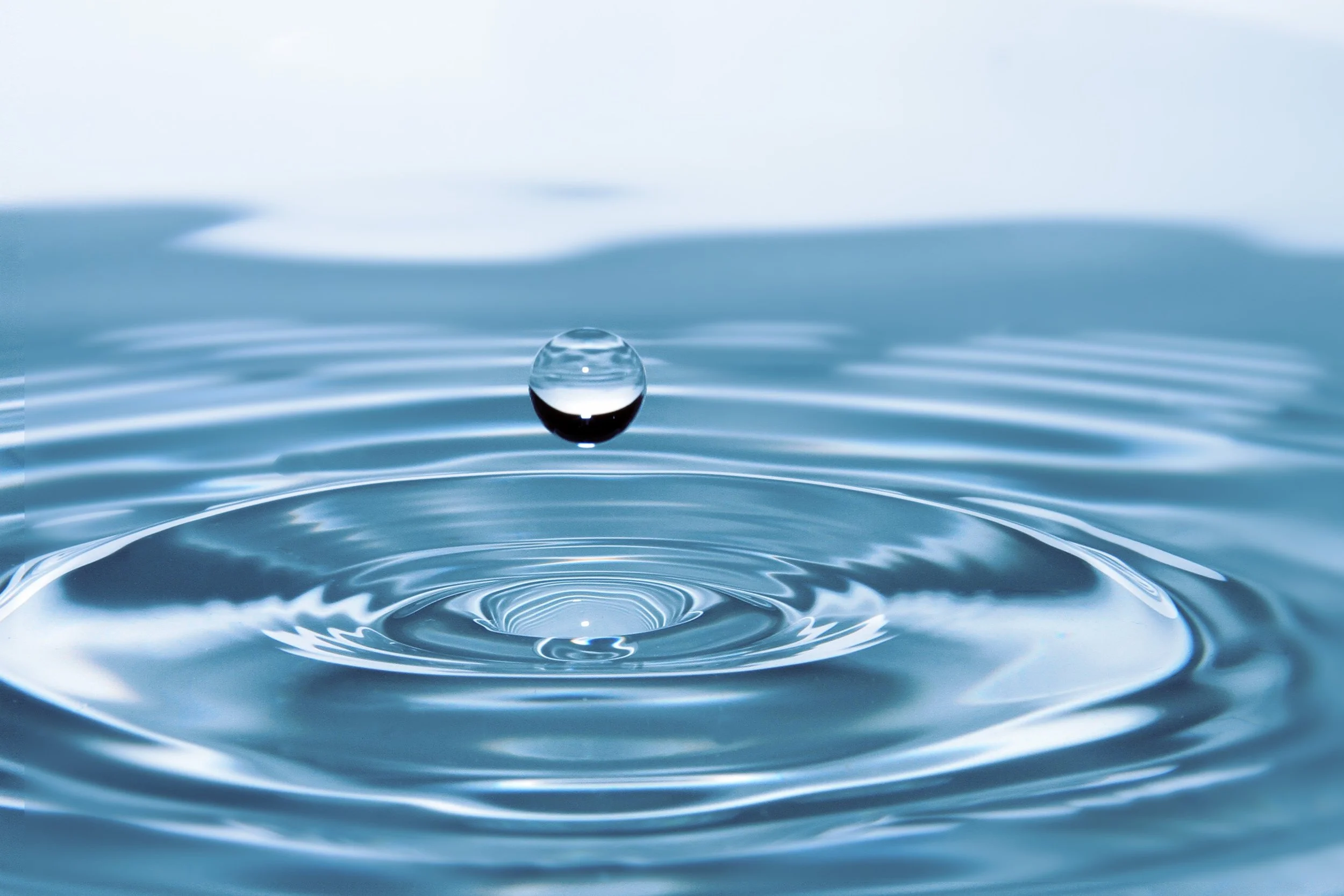Balneotherapy
Balneotherapy is hydro-medicine for management of chronic wounds and refractory skin conditions that occur on the feet and legs. It aims to reduce pain, heal wounds and improve quality of life in patients by bathing.
Balneotherapy is an ancient practice of healing, originating in Knossos, Greece, dating back to 1700 B.C. Hippocrates, the ancient Greek Physican advocated the use of balneotherapy for the treatment of arthritis and soothing of aching muscles. Ancient Egyptians and the Romans advocated the use of balnoetherapy. Dead sea salt is ideal to soak in, as its mineral rich properties are far superior than any pharmaceutical gradients ointments, creams or lotions with negliable side effects.
Balneotherapy involves luke warm water bathing for the legs for 45 minutes daily with epson salts or dead sea salts. Many mineral waters are rich in silica, selenium, magnesium, radium, lithium, potassium, iodine, calcium and sulphur compounds. The dissolved materials must be at least one gram per litre in water at approximately 25 degrees celsius.
Balneotherapy had been recommended for wide range of illnesses, however we are currently using this therapy for chronic venous refractory leg ulcers and skin conditions such as dermatitis, and eczema. Other benefits from balneotherapy treatments include the reduction of pain, acceleration of collateral blood circulation, elevation of cellular fluids, relaxation of muscles as well as numerous healing benefits from the absorption of minerals and botanical substances. It is believed that sulphur released in the water inhibits certain lymphocytes and leads to the release of certain cytokines, that regulate the immune response. Sulphur is known to promote keratolysis with shedding of the outer skin, which can help in the treatment of chronic venous leg ulcers and eczema through continuous descaling. Magnesium inhibits the synthesis of polyamines that plays a role in over granulations, leading to an improvement in the ulcer and skin conditions.
Hot water in balneotherapy has a benefit of relaxing the muscles in the body and the thermal effect helps reduce inflammation by increasing the production of cortisol. This results in increase inbeta-endorphin, a natural pain killer produced by the body that boosts the immune system and results in relaxation. When the body is relaxing in the water it reduces pressure on the body especially the lower limbs, as water counteracts the effect of gravity on the body. It reduces swelling, and helps the return of venous blood to the heart.
Cold water is good for reducing heat and inflammation and a cool bath can bring down a temperature. A cold water bath should only be for 4 minutes and is not suitable for those who are immune compromised. Contrary to hot water, which relaxes, disperses, and shunts blood circulation out to the body's exterior, cold water stimulates, consolidates and shunts blood circulation inwards towards the core and internal organs. Cold water constricts the blood vessels, stimulates circulation, digestion and metabolism, and awakens the appetite, having an exhilarating effect.
A 2009 review of all published clinical evidence concluded that, while available data suggest that balneotherapy may be associated statistically with improvement in pain, but existing research is limited and does not allow us to come to a definitive conclusion. According to a cochrane review that took into account 579 cases “Overall evidence is insufficient to show that balneotherapy is more effective than no treatment, that one type of bath is more effective than another or that one type of bath is more effective than mudpacks, exercise or relaxation therapy.”
Note that balneotherapy should be discussed with a physician before beginning treatment, since a number of conditions, like heart disease, open wounds and pregnancy, can result in a serious adverse effect.
Information adapted from:
- Falagas ME et al. The therapeutic effect of balneotherapy: evaluation of the evidence from randomised controlled trials. Int J Clin Pract. 2009 Jul;63(7):1068-84.
- Verhagen AP, et al. Balneotherapy (or spa therapy) for rheumatoid arthritis. Cochrane Database of Systematic Reviews 2015, Issue 4. Art. No.: CD000518.
- The Water Cure


